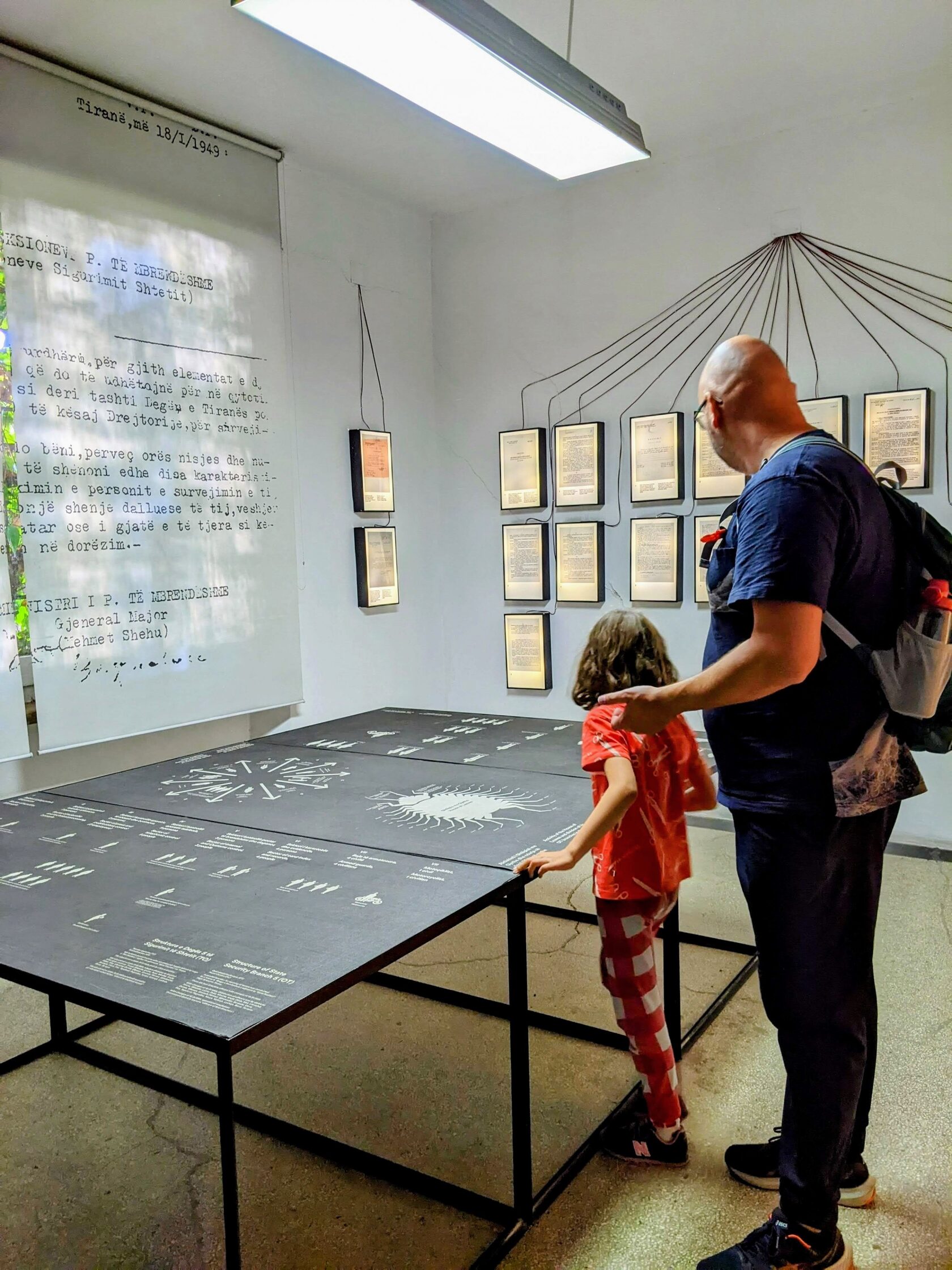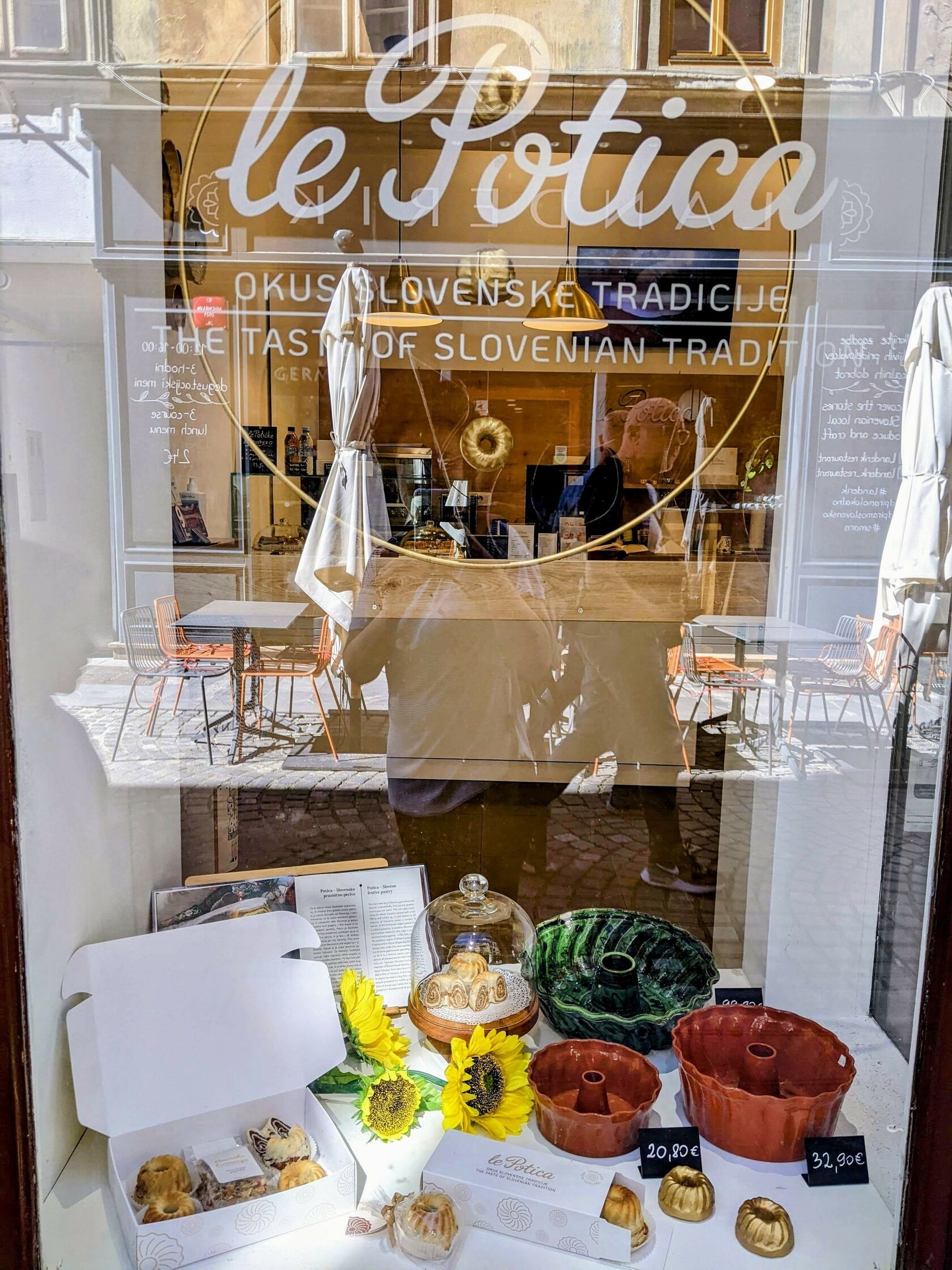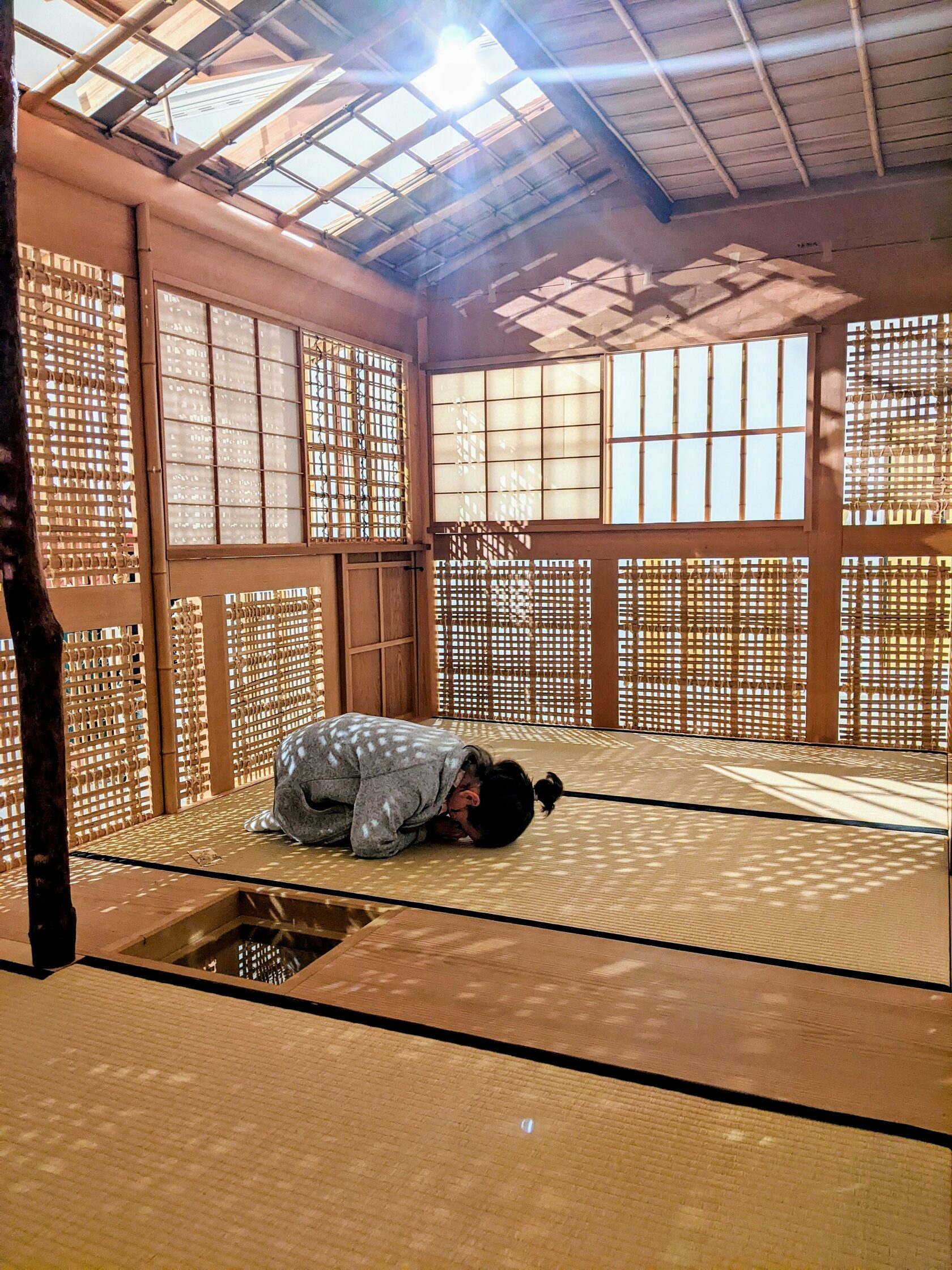Traveling is a fantastic opportunity to broaden our horizons, discover new places, and experience different cultures. However, it's not enough to just visit a new location and take in the sights; true exploration requires immersing ourselves in the local culture, which includes meeting the locals and learning about their way of life.
At first glance, it might seem easier and more comfortable to travel without making an effort to learn about the culture, speak the language, or engage with the locals. As human beings, we are naturally wired to stick to what we know and feel comfortable with. But in reality, this approach limits our ability to develop open-mindedness and empathy from a sociocultural point of view. By only sticking to what we know and staying in our comfort zone, we miss out on valuable opportunities to learn about different ways of life and to gain new perspectives.
When we first set foot in Estonia, we thought we could get by without diving deep into the culture or attempting the language. But during a dinner with the people who run the camping ground, we found ourselves amidst locals who spoke almost no English. Using hand gestures, broken phrases, and a lot of laughter, we managed to share stories and even learned a traditional Estonian toast: Terviseks!
In Slovenia, we got lost in the picturesque streets of Ljubljana. A kind elderly pair, noticing our confusion, guided us to our destination; an artisan bakery, and the farmer’s market, teaching us a few Slovenian words along the way. These experiences taught us that while it's natural to gravitate towards what's familiar, it's the moments of stepping out of our comfort zone that truly enrich our travels.
When we first set foot in Estonia, we thought we could get by without diving deep into the culture or attempting the language. But during a dinner with the people who run the camping ground, we found ourselves amidst locals who spoke almost no English. Using hand gestures, broken phrases, and a lot of laughter, we managed to share stories and even learned a traditional Estonian toast: Terviseks!
In Slovenia, we got lost in the picturesque streets of Ljubljana. A kind elderly pair, noticing our confusion, guided us to our destination; an artisan bakery, and the farmer’s market, teaching us a few Slovenian words along the way. These experiences taught us that while it's natural to gravitate towards what's familiar, it's the moments of stepping out of our comfort zone that truly enrich our travels.

From a sociocultural point of view, developing an open mindset can be challenging due to the influence of our cultural backgrounds, societal norms, and personal biases. For instance, we may be taught to conform to certain societal expectations and norms, which can limit our ability to see things from different perspectives. Additionally, our cultural backgrounds can shape the way we perceive the world and interact with others, making it difficult to embrace diversity and different ways of thinking. However, the benefits of an open mindset are immeasurable - it allows us to learn, grow, and experience the world in a way that would otherwise be impossible.
Our first time in Latvia and Lithuania was a testament to this. Venturing into these countries, we expected them to mirror other ex-Soviet Union nations we'd visited. Instead, both nations danced to their own rhythm. In Latvia, a local festival showcased traditions deeply intertwined with nature, a stark contrast to anything we'd previously encountered. Lithuania, on the other hand, offered a blend of historical allure and modern thought in a mere chat at a café. However, like any adventure, there were bumps along the way. Certain questions we posed were met with unexpected reactions, reminding us of the intricacies of cultural understanding. Such experiences, while challenging, underscore the beauty and depth of diving into diverse cultures headfirst.
Our first time in Latvia and Lithuania was a testament to this. Venturing into these countries, we expected them to mirror other ex-Soviet Union nations we'd visited. Instead, both nations danced to their own rhythm. In Latvia, a local festival showcased traditions deeply intertwined with nature, a stark contrast to anything we'd previously encountered. Lithuania, on the other hand, offered a blend of historical allure and modern thought in a mere chat at a café. However, like any adventure, there were bumps along the way. Certain questions we posed were met with unexpected reactions, reminding us of the intricacies of cultural understanding. Such experiences, while challenging, underscore the beauty and depth of diving into diverse cultures headfirst.
Unlocking an open mindset: How we can break free
- To develop an open mindset from the inside out, we must first be willing to reflect on our values and beliefs. It requires us to examine our own biases and question where they come from. For example, if we were raised in a culture that values punctuality above all else, we may find it difficult to adapt to a culture where being late is the norm. By reflecting on our values and beliefs, we can begin to understand where our biases come from and why they exist.
- Another way to develop an open mindset is to practice empathy. It requires us to put ourselves in someone else's shoes and see the world from their perspective. By doing so, we can begin to understand why people behave the way they do and how their cultural background influences their actions.
- A complementary practice to developing an open mindset is to practice mindful observation. We need to take time to observe the environment, people, and customs around us without judgment. We can learn to pay attention to the nuances and details that make the culture unique, and try to understand the reasons behind them.
- Another complementary practice to developing an open mindset is to practice active listening. When we engage with locals, we should focus on actively listening to what they have to say rather than waiting to respond. By showing a genuine interest in their lives and perspectives, we can gain a better understanding of their culture and foster meaningful connections.

Diving Deep: our guide to embracing new cultures every time we travel
- Learn the basics of the local language: Making an effort to learn the basics of the local language, a collection of keywords and phrases, can make a huge difference to how we're perceived by locals and how much we can understand their culture.
- Attend local events and festivals: Participating in local events and festivals is an excellent way to experience the culture first-hand and learn about the traditions and customs of the locals.
- Stay in local accommodation: Opting for locally-owned accommodation rather than international hotel chains can provide a more authentic experience and help support the local economy.
- Try local cuisine: Food is an essential aspect of any culture, and trying local cuisine can be a fun and delicious way to experience the local way of life.

Traveling without immersing ourselves in new cultures is a missed opportunity for personal growth and development. In Estonia, for instance, we were taken aback when a local market vendor responded curtly to our questions about traditional foods. In Latvia, our attempt to join a local celebration was met with surprise, but eventually, warm acceptance. Lithuania presented a challenge when we tried to understand the deep historical ties of its cities, only to realize that our preconceived notions were off-mark. In Slovenia, our family was initially puzzled by the reserved nature of the locals, but a heartwarming encounter with a local elderly pair in Ljubljana taught us about their societal norms and values. By developing an open mindset, actively listening, and embracing these new experiences, we expanded our perspective, challenged our biases, and became more empathetic toward others. When we are open-minded, we become more receptive to diverse ideas and perspectives. By embracing new experiences, like our memorable afternoon in Ljubljana, we become more adaptable and resilient. Active listening, as we learned in Latvia, helps us build stronger relationships and fosters mutual respect and empathy. Ultimately, by prioritizing these practices in our personal growth and development, we become better equipped to navigate the complexities of our diverse and rapidly changing world. We learn to appreciate diverse perspectives and understand the complex ways in which our sociocultural backgrounds shape our experiences and beliefs.
Most importantly, we become more authentic versions of ourselves, with a deeper understanding of our own values, biases, and limitations.
